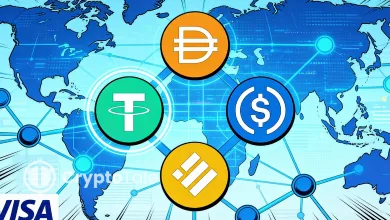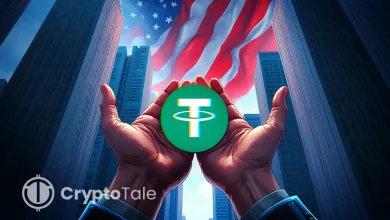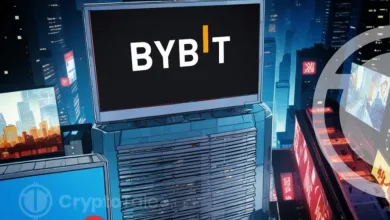Hong Kong Drafts New Rules for Corporate Crypto Treasuries

- Hong Kong SFC studies listed firms managing digital assets and market valuation impact.
- SFC warns that retail investors face risks from companies with inflated holdings.
- Upcoming rules will demand transparency and standards for corporate digital asset use.
Hong Kong’s financial regulator is studying how listed companies manage digital asset treasuries (DAT) as interest in corporate crypto holdings increases. Securities and Futures Commission (SFC) Chairman Kelvin Wong Tin-yau said the agency is assessing whether guidelines are needed for firms investing in or holding cryptocurrencies.
At a media briefing reported by the South China Morning Post, Wong explained that the SFC is watching how companies structure their digital asset treasuries. He warned that some firms’ share prices trade at premiums far beyond the cost of their crypto holdings, creating potential investor risks.
Wong cited examples from the United States, where companies that allocate cash to buy Bitcoin or other virtual assets often see their market valuations double. He said such inflated values expose investors to unnecessary speculation. “We are concerned that DAT companies’ share prices may trade far above their actual holdings,” Wong stated.
SFC Warns of Investor Risk and Market Distortion
The SFC cautioned that retail investors might not fully understand the risks associated with companies managing digital asset treasuries. Wong explained that investor education will be a priority for regulators as they address the issue. “We caution investors to understand the underlying risks of DAT,” he said, noting that many local investors remain unfamiliar with the concept.
Local reports revealed that Wong—also known by his Mandarin name, Huang Tianyou—highlighted the growing trend of DAT listings in the U.S. Some firms list directly as DATs, while others transform into them after realizing their profitability. These companies typically allocate cash reserves to digital assets and claim such investments as part of their treasury strategy.
Wong referred to several U.S. cases where a company purchasing $1 billion worth of virtual currencies saw its market capitalization more than double. He noted that American regulators are now reviewing these cases to assess whether investors face inflated valuations.
Hong Kong Considers Regulatory Framework for DAT
Hong Kong currently lacks clear legislation governing the involvement of listed firms in digital asset treasury arrangements. Wong acknowledged that some companies may feel tempted to pursue this route without official guidance, referring to it as a “grey area” that requires regulatory cooperation between the SFC and the Hong Kong Stock Exchange (HKEX).
The SFC plans to coordinate with HKEX to study whether local companies can hold or invest in cryptocurrencies under a controlled framework. Wong also warned that if new regulations are introduced, companies currently enjoying high share-price premiums may see those gains vanish quickly. “If these activities are formally regulated, the premium could disappear within a day,” he said.
Wong reaffirmed the need for investor education, stating that awareness would help investors identify potential overvaluation in DAT companies. He added that regulatory clarity will protect both markets and investors from speculative distortions.
Related: Hong Kong Approves Asia’s First Solana Spot ETF
Hong Kong’s Push Toward a Digital Asset Hub
The city’s initiative for the guidelines aligns with its broader goal of becoming a major player in the regional digital asset market. The SFC has already granted licenses to several virtual asset trading platforms and is currently working on regulations for tokenization and digital trading processes.
In this context, regulators are seeking a balance between innovation and safety for investors. The new instructions are unlikely to ban the crypto treasuries of corporations, but they will require companies to adhere to strict disclosure and risk management standards. These will include transparent reporting on crypto reserves, custody, valuation methods, and the overall readiness of the operation.




